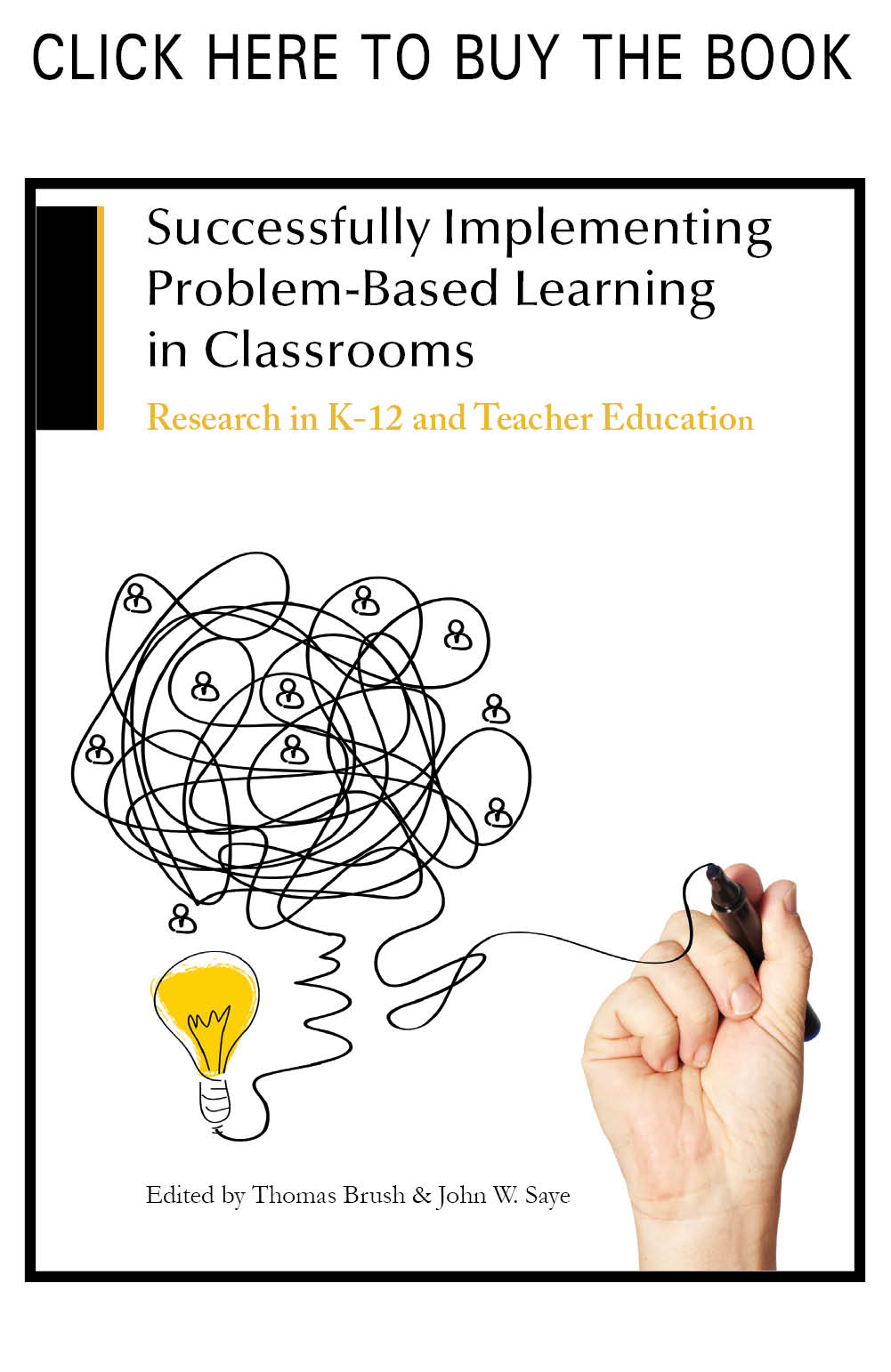Abstract
Problem based learning (PBL) in its most current form originated in Medical Education but has since been used in a variety of disciplines (Savery & Duffy, 1995) at a variety of educational levels (Savery, 2006). Although recent meta analyses have been conducted (Dochy, Segers, Van den Bossche, & Gijbels, 2003; Gijbels, Dochy, Van den Bossche, & Segers, 2005) that attempted to go beyond medical education, they found only one study in economics and were unable to explain large portions of the variance across results. This work builds upon their efforts as a meta-analysis that crosses disciplines as well as categorizes the types of problems used (Jonassen, 2000), the PBL approach employed (Barrows, 1986), and the level of assessment (Gijbels et al., 2005; Sugrue, 1993, 1995). Across 82 studies and 201 outcomes the findings favor PBL (d = 0.13, +/- .025) with a lack of homogeneity (Q = 954.27) that warrants a closer examination of moderating factors.
Recommended Citation
Walker, A.
,
&
Leary, H.
(2009). A Problem Based Learning Meta Analysis: Differences Across Problem Types, Implementation Types, Disciplines, and Assessment Levels. Interdisciplinary Journal of Problem-Based Learning, 3(1).
Available at: https://doi.org/10.7771/1541-5015.1061




